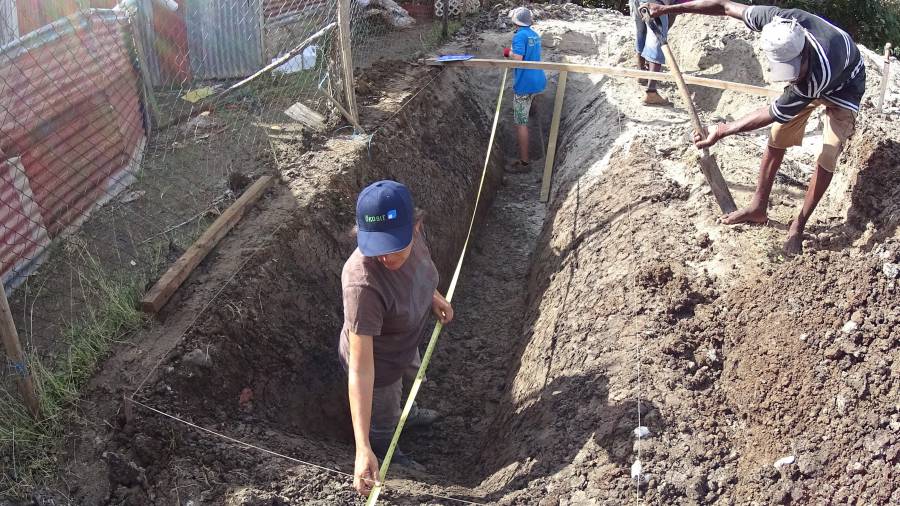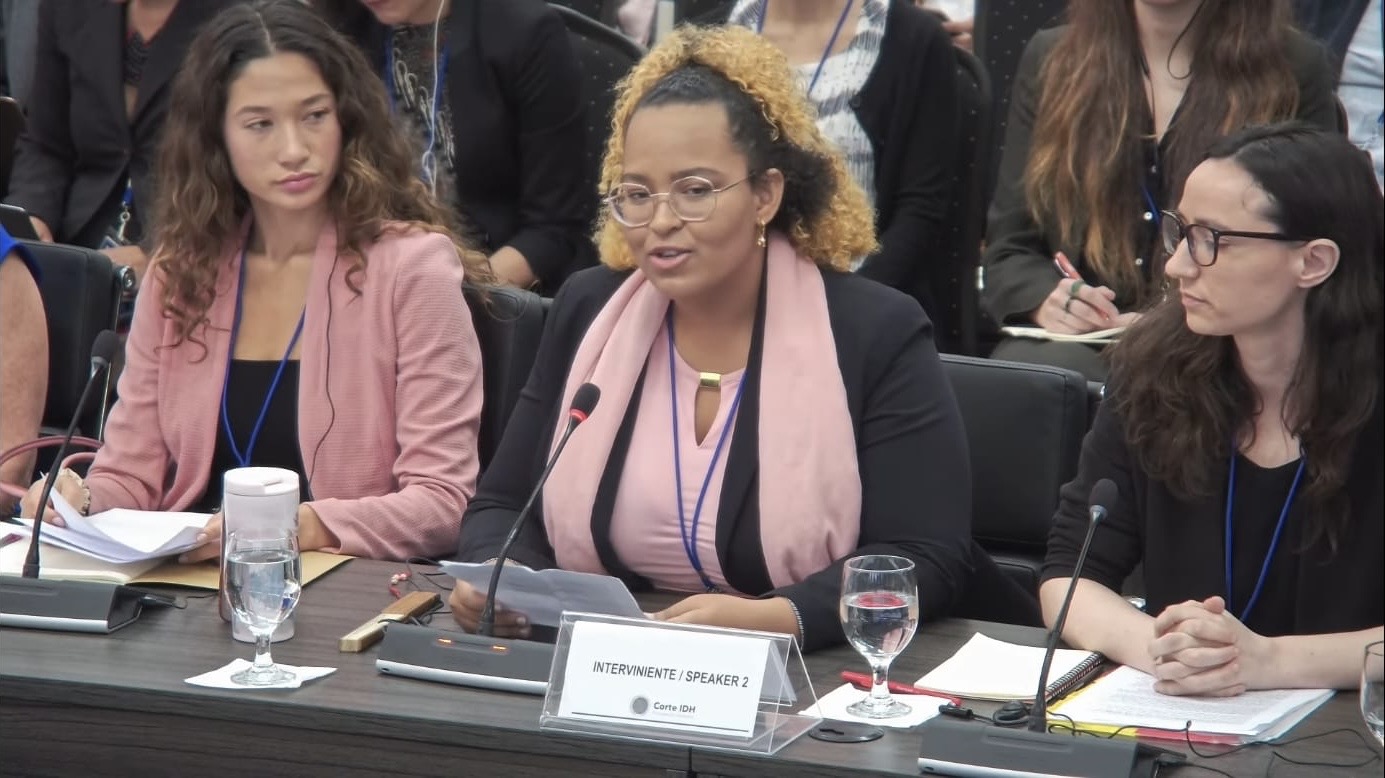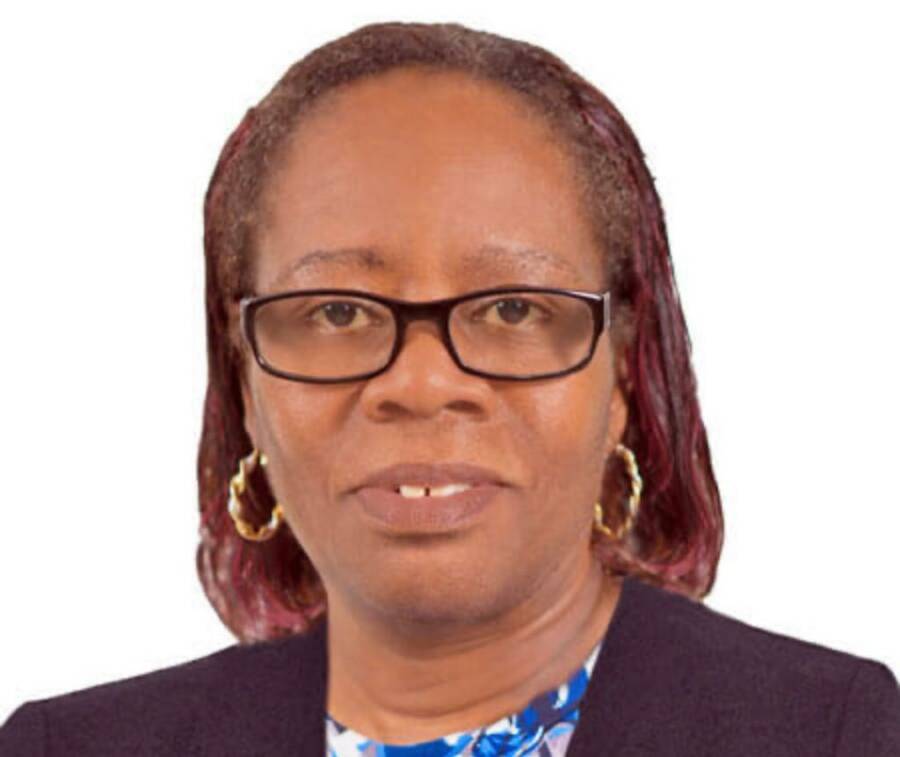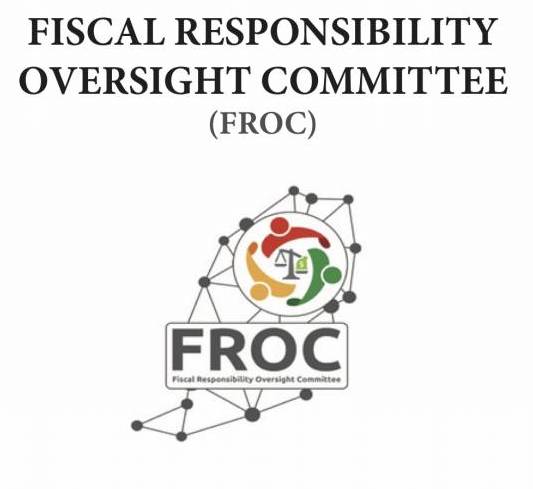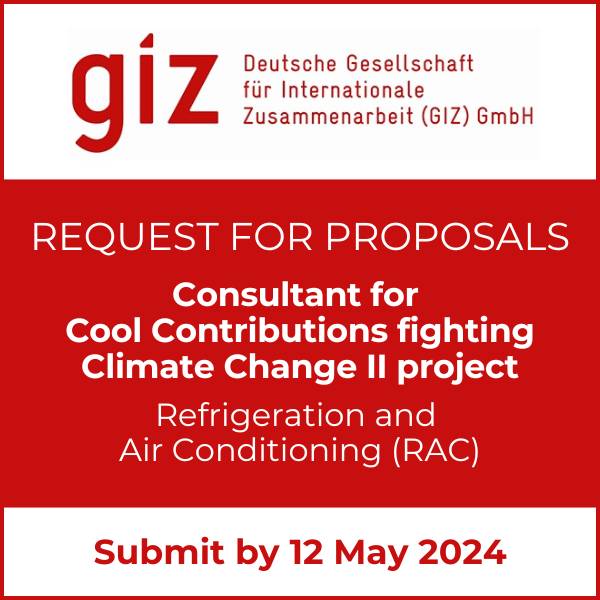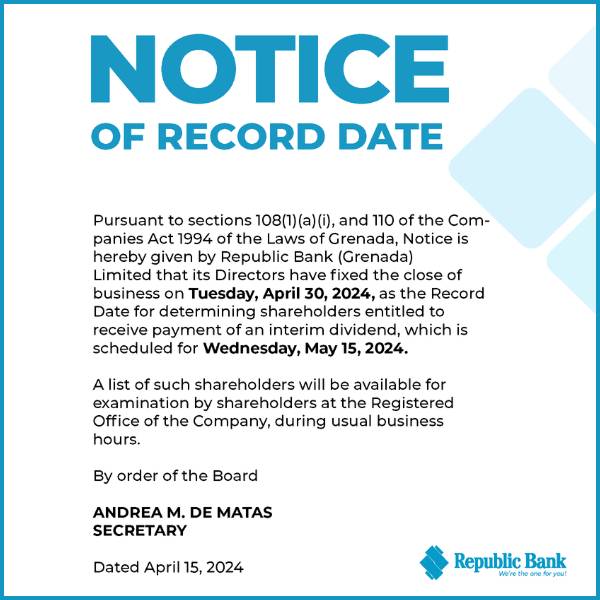The first 2 out of 10 biogas digesters have been installed in Carriacou as part of the project “Market Creation for small-scale Biogas Systems in Grenada (MacBios)”. This project is jointly implemented by the Ministry of Finance and Energy, the Ministry of Agriculture, Lands, Forestry and Fisheries, the Environment Division of the Ministry of Education, Human Resource Development and the Environment, the Deutsche Gesellschaft für Internationale Zusammenarbeit (GIZ) GmbH, and the German Biogas Technology Supplier Ökobit.
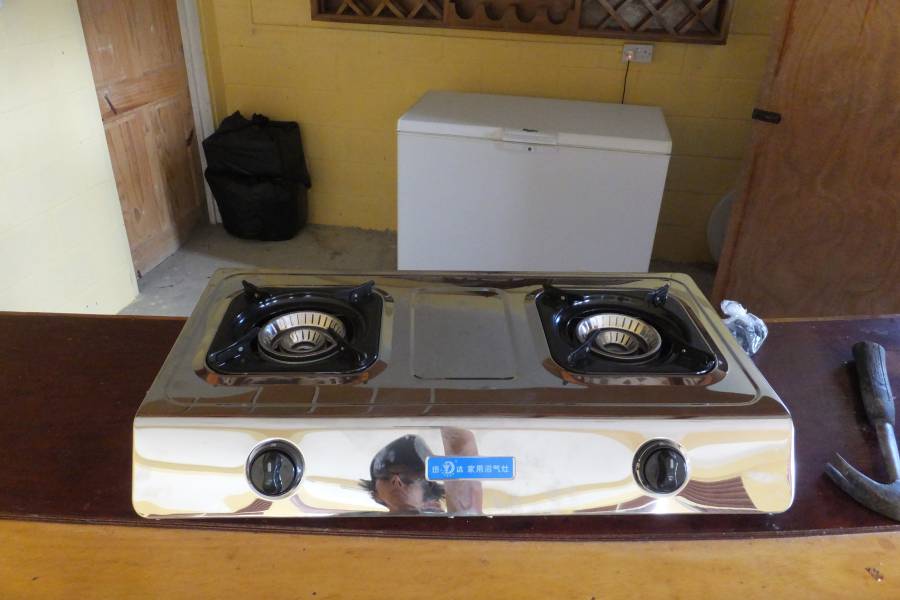
Biogas digesters work with the principle of Anaerobic Digestion, which involves a series of biological processes in which microorganisms break down biodegradable material in the absence of oxygen. One of the end products is biogas, which can be used to generate electricity or heat and hence can replace e.g. diesel or LPG (liquefied petroleum gas). The other end product is bio-fertiliser that can be used on farms or gardens.
One of the digesters has been installed in a vegetable and livestock farm in Lauriston. The owner of the farms uses manure, wastewater and fruit or vegetable waste to feed in the digester and will use the gas for cooking and hot water production. The bio-fertiliser can be used on her farm to partially replace expensive artificial fertiliser.
The second is installed on a poultry farm in Dover. The owner was especially interested in the system because it will help her to reduce the cost for her agro-processing activities: baking, cooking and hot water for plucking the chickens.
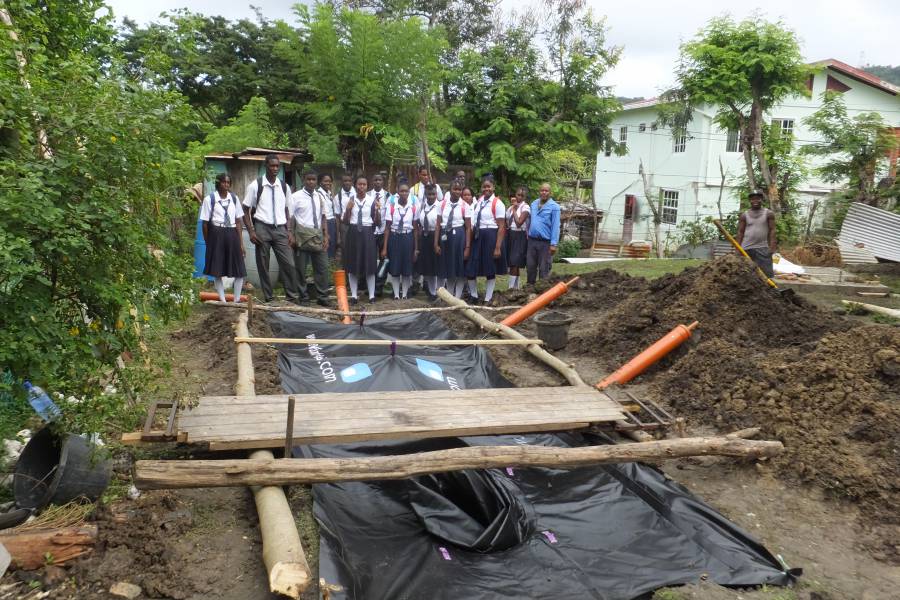
This initiative comes out of an effort from the Government of Grenada to reduce the CO2 emission of the country in accordance with its commitment to the Paris Climate Change deal while at the same time reducing its reliance on imported fossil fuels. Furthermore, such installation can prove economically attractive for the farms, since costs for energy and fertiliser will go down considerably. Feasibility studies in Grenada before the actual implementation of the MacBioS project have shown that the financial payback of the systems can range between 6 and 18 months. In addition, the systems help to reduce pollution due to using pig manure or other waste which would normally go to the environment and convert them into energy.
Merina Jessamy, Permanent Secretary of the Ministry of Agriculture, Lands, Forestry and Fisheries, explained: “The project officially started in June 2016, with 3 capacity building workshops for technical officers, farmers and interested private sector participants. Since then, the 10 beneficiaries have been selected by a Steering Committee based on a criteria catalogue, technical and financial analysis and on-site visits.” Dieter Rothenberger, Head of GIZ Programmes in Grenada said: “In order to ensure sustainability beyond the installation of the 10 systems within the MacBios project, local installation teams have been trained, and currently a local partner to take over the distribution of biogas systems and act as the local agent of the German company for additional biogas systems is being sought.” Discussions have also started with the financial sector to provide financial products supporting farmers and agro-processors in financing the purchase of these digesters since often these upfront costs prove the major challenge for farmers to benefit from a financially very attractive technology, which also helps to reduce environmental pollution and converts waste into energy.
The project is part of the programme “Reform of the Electricity Sector to Support Grenada’s Climate Policy (G-RESCP), which is funded by the German Ministry for the Environment, Nature Conservation, Building and Nuclear Safety (BMUB) within the International Climate Initiative (IKI) and implemented by the Government of Grenada and GIZ.
GIZ
